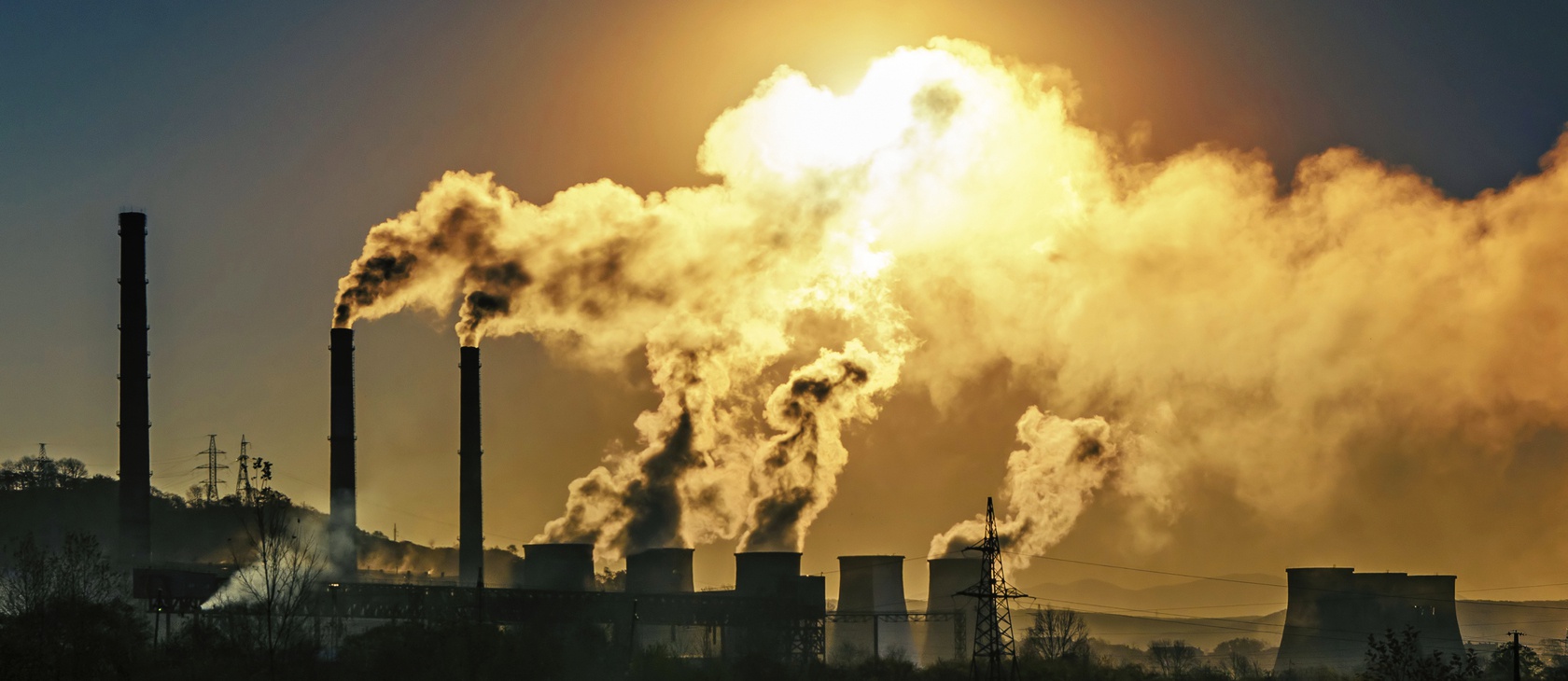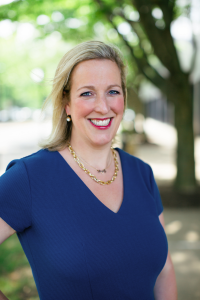President Donald Trump withdrew the United States from the Paris climate agreement just days ago, provoking a brouhaha over environmental policy. For those who are genuinely concerned about environmental stewardship, we can in fact do better without the UN-sponsored framework. We can generate solutions by using economic incentives to harness human ingenuity.
In 2015, the United States among nearly 200 other parties that agreed to what is commonly known as the Paris Agreement. Participating countries adopt standards to combat greenhouse gas emissions and report their progress to the other participants. There is no measure of accountability or force beyond a country’s own commitment to reduce its emissions.
Climate change is a real phenomenon; we can track it over time. The real question is how much has the climate changed because of modern industrialized life and how much of that change is harmful? The other relevant question is what does the trend line look like into the future -- in other words, how worried should we be? Once we try to get a handle on these questions, only then can we understand what to do. We do know that while U.S. carbon emissions are at a 25-year low, global atmospheric concentrations of carbon dioxide are steadily increasing and show no signs of slowing. Creative thinking that fosters prudence and develops alternatives is key.
Economists can’t perfectly predict the future and there is much that scientists, economists and policy makers don’t know regarding climate change. We don’t fully understand cause and effect, which makes the future hard to know with certainty. What economics can do is provide a means-ends framework for coming up with the best solutions that economize on our scarce resources. As such, economic thinking is a roadmap for prudence and in terms of environmental policy, that’s precisely what we need.
Human Creativity is the Solution
What we can all agree on is that we are called by God to steward his creation. The earth belongs to God as does everything in it. We are stewards of his good creation and are asked to do two things.
- To work it
- To care for it
These commands come from Genesis 2:15 (NIV): “The LORD God took the man and put him in the Garden of Eden to work it and take care of it.”
We cannot work and care for the Earth if we are pillaging and plundering it. But we are not asked to keep it untouched, to preserve it as is, either.
God created the Earth for us and his own glory. It is mysterious, orderly and beautiful for it reflects Gods creativity and his love for humanity. It is created to support life and creativity. We cannot work and care for the Earth if we are pillaging and plundering it. But we are not asked to keep it untouched, to preserve it as is, either. We are to cultivate, create, tinker and innovate.
We are made “imago dei” (in the image of God). This has critical implications for our roles and responsibilities here on Earth. God is a creator and we are creators. We cannot create something out of nothing in the way God can, but we can and are commanded to create something out of something.
We are here to do just that: create and cultivate God’s work. What does all of this have to do with greenhouse gas emissions and the Paris Agreement? Everything. The role of human creativity as described in Genesis is our narrative for life. What it tells us is that change, even climate change, might not always be a bad thing. To the extent that greenhouse gases are destroying the climate, we require productive solutions and ways to economize on those gases, maybe even do away with them altogether. The question is around what is the best means for accomplishing this and does the Paris Agreement help?
Virtue Signaling Versus Discovery
Economic growth which extends itself in the forms of greater income and increased wealth has surged over the past hundred years. This growth is both caused by and fuels human ingenuity. The biggest material problem we face as humans is scarcity. We don’t have enough hours in the day and we don’t have enough resources in any given moment to satisfy our needs and wants. In fact, it is only recently in human history that we can worry about our wants. Most humans over most of human history have been categorically poor and lived short and difficult lives as a result.
As we get richer, our tradeoffs are eased and some of them even go away. This is good and it benefits not just the rich but particularly the poor. Human progress fueled by greater industrialization brings with it externalities, like greenhouse gas emissions. We can and should dedicate our human creativity to solving or lessening this problem.
If you want to solve a problem, put a profit on the solution
The way to do that is not by supplanting the discovery process of entrepreneurship with technocratic planning which is what the Paris Agreement does, at best. The UN framework uses the “expertise” of planners and relies on bureaucracies to deliver the planning. What we really need is creative problem-solving incentivized by the profit and loss mechanism. Markets do this and they do it well.
If you want to solve a problem, put a profit on the solution -- this is the surest path to a solution. It may not be perfect but it would certainly be better than an agreement that centralizes planning over greenhouse emissions and that has no accountability mechanism. Profits and losses keep entrepreneurs accountable to results. Entrepreneurial energy is what has made us so rich and is the best bet we have to solve the problems that the Paris Agreement never will.




